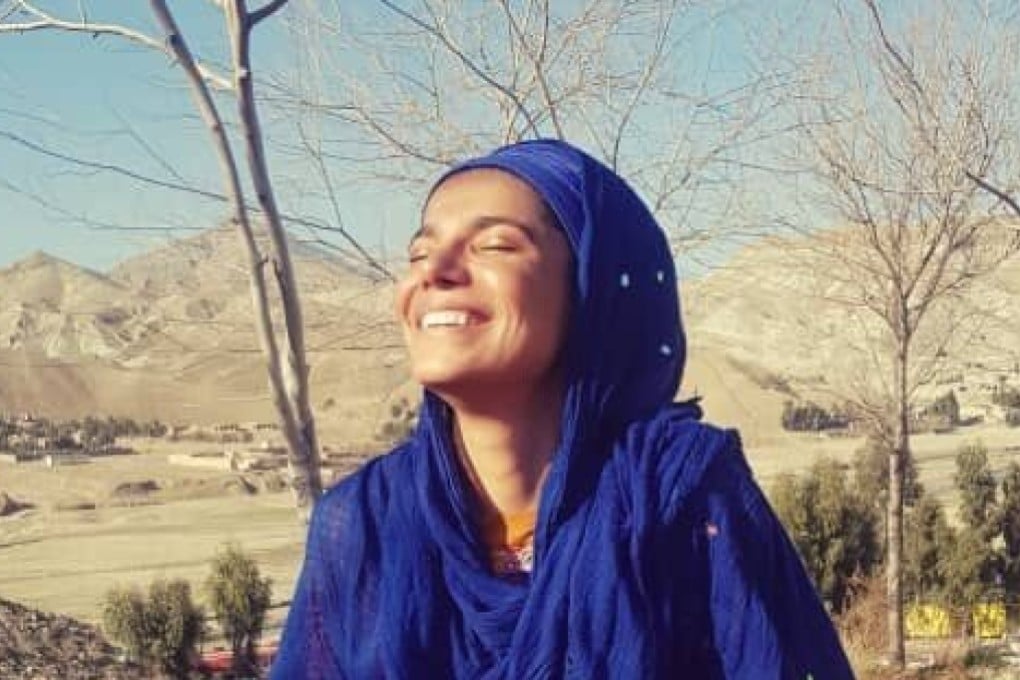Flee Afghanistan? No way – this comedian is as determined to stay as she is to keep laughing
- To Nadima, ‘running away is not the solution’ – she wants to show the world a new beginning is possible under Taliban rule
- She says women ‘must take this opportunity to raise their voice and lead their liberation’, and will work with the group if they are ‘here for solutions’

“It’s time for people to reflect upon themselves and rise together, from being dependent on the international community to starting afresh with an independent mindset,” the 38-year-old, who uses only her first name, told This Week In Asia. “Running away is not the solution. We must participate in the new beginning and show the world that it’s possible.”
Since the Taliban retook the country last month, women in Afghanistan have feared the resumption of violence against them as well as restrictions upon their education and appearance, as seen during the Islamist group’s previous rule between 1996 and 2001.
Nadima – who said she felt safe because she had not been threatened by anyone – has built a sizeable following on social media in Afghanistan, where there are some 8.64 million internet users among a population of more than 38 million. More than 267,000 people on Facebook, over 33,500 on Snapchat and over 17,600 on Instagram follow her platform called Tesha De Waday, or “What is it, mother?” in Pashto.